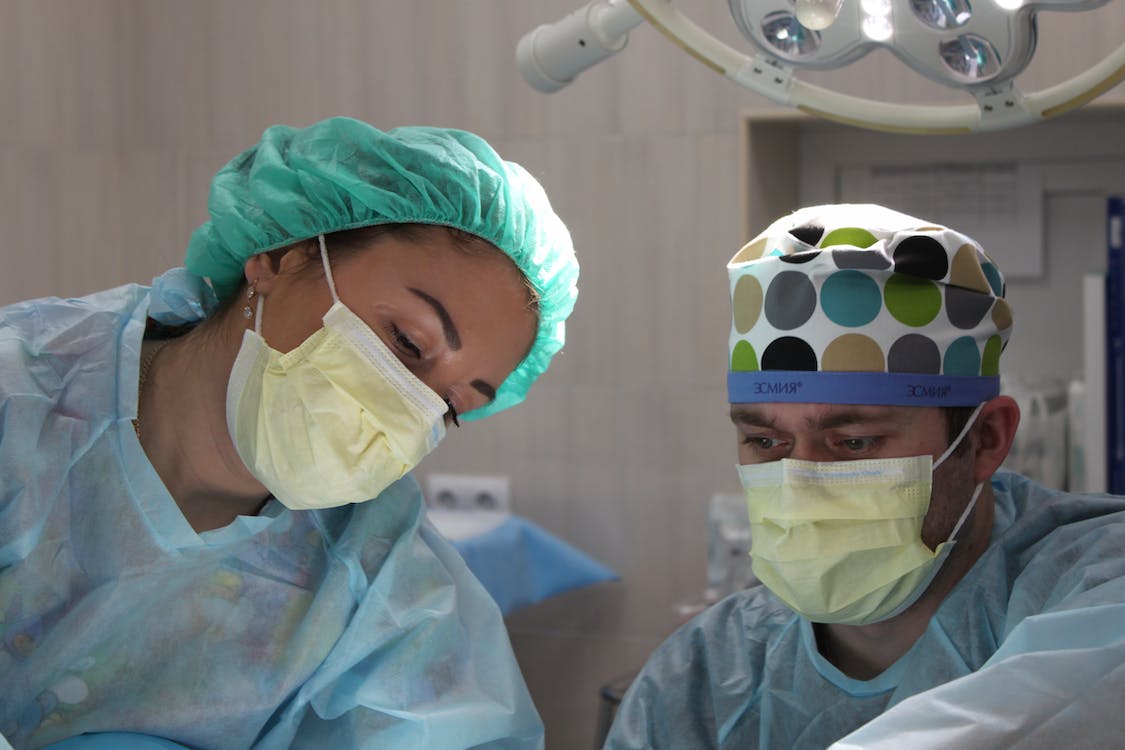
Nursing has always been a dynamic profession, adapting to changes in healthcare to provide the best possible patient care. Technology has rapidly transformed the healthcare landscape, and nursing is no exception. This article explores how technology revolutionizes nursing and enhances career opportunities. It delves into various key subtopics to understand the profound impact of technology on nursing career advancement.
Education and Continuous Learning
Nurses must stay current with the latest tools and trends as technology advances. This dedication to continual learning is critical for success in the modern workplace. With technological advancements, registered nurses can join an RN to MSN program online and advance their careers. Moreover, the nurses may get assistance learning to use new technology from the many healthcare organizations that provide training and support.
Nursing informatics, for instance, is a sub-discipline that focuses on the best use of information technology in nursing. A nurse's job chances may improve dramatically if they get credentials in nursing informatics. Also, there are many opportunities for nurses to learn new skills and adapt to new technologies via online courses, webinars, and seminars.
Telehealth and Virtual Nursing
Telehealth, or healthcare delivery remotely through technology, has seen explosive growth. Telehealth provides possibilities for professional development for nurses. Nursing practitioners have more freedom and reach since they can care for, consult with, and monitor patients remotely. Opportunities for nurses to establish rewarding and adaptable careers in telehealth are expanding as technology advances.
Nursing practitioners now have more options for employment than ever before, including at telehealth firms, traditional hospitals, and even as sole proprietors. Health organizations offer more and more nursing roles virtually, allowing nurses to care for patients in any of the country's 50 states.
Telemedicine and Remote Monitoring
Wearable technology and advanced healthcare applications, among the top healthcare trends in 2023, have allowed nurses to monitor their patients outside conventional healthcare facilities. Early intervention and individualized treatment made possible by this remote monitoring lead to better health outcomes.
Professional prospects for nurses interested in telemedicine and other forms of remote monitoring are expanding rapidly. These positions need constant attention to patient information, expert advice and careful coordination of treatment strategies. In addition, as the field of telemedicine grows, nursing practitioners may have a role in research and development, helping to shape the future of remote healthcare.
Electronic Health Records (EHRs) and Data-Driven Care
EHRs, or electronic health records, are now fundamental to providing quality medical treatment in the current day. Nurses are crucial to collecting, organizing and analyzing patient information in these databases. Electronic health records improve patient care by facilitating immediate access to medical records and reducing administrative burdens.
Acquiring expertise with EHRs is crucial for nursing practitioners seeking professional progress. Professional nurses with experience with electronic health records are in great demand. They may work as EHR instructors, data analysts, or informatics nurses. This tech-savvy knowledge helps them advance in their profession while enhancing patient care via evidence-based decision-making.
Automation and Robotics
Nursing practices have evolved due to the introduction of robots and automation into healthcare. Medication distribution, patient transport and surgical aid are just some new robot applications. Care is administered more precisely and efficiently thanks to these robotic devices and nurses who train to operate and manage them.
Automating repetitive chores has also freed up nurses' time to devote to more intricate patient care. The automated systems help in minimizing errors in dosing medications. Moreover, nurses can now perform administrative tasks through automated scheduling and documentation tools.
Ethical Considerations and Challenges
Patients' rights to confidentiality, the safety of their personal information, and the value of providing treatment with a human touch are all essential ethical issues for nurses using technology to improve their careers. Nurses are responsible for monitoring the security of their patient's personal health information and ensuring that the use of new technologies does not put patient privacy at risk.
The use of remote patient assessment and resolving inequalities in access to healthcare technology provides additional ethical challenges for telehealth nurses. These dilemmas highlight the need for thorough guidelines and ongoing ethical education for nurses.
Conclusion
The dramatic changes brought about by technological advancements in healthcare have created intriguing new prospects for nurses. Nurses open to new forms of practice, such as telemedicine, virtual nursing and the use of electronic health records and data-driven care, will thrive in the fast-developing healthcare sector. Nurses who invest in themselves by learning new skills and keeping up with industry developments may pave the way for the future of nursing and the advancement of patient care.